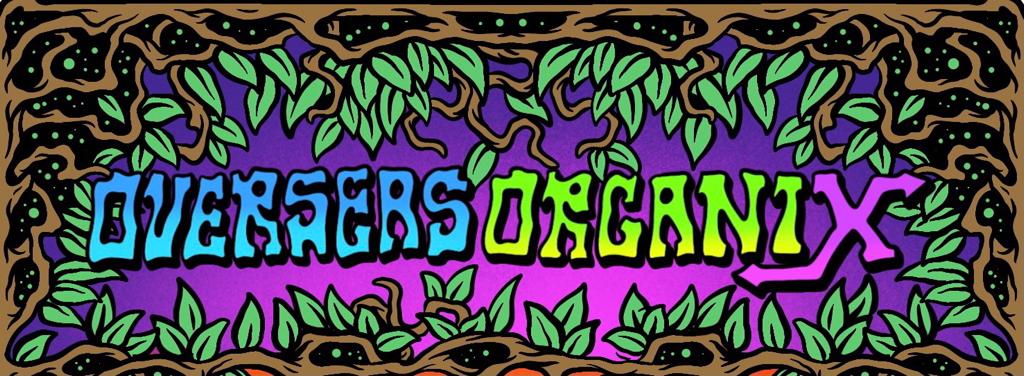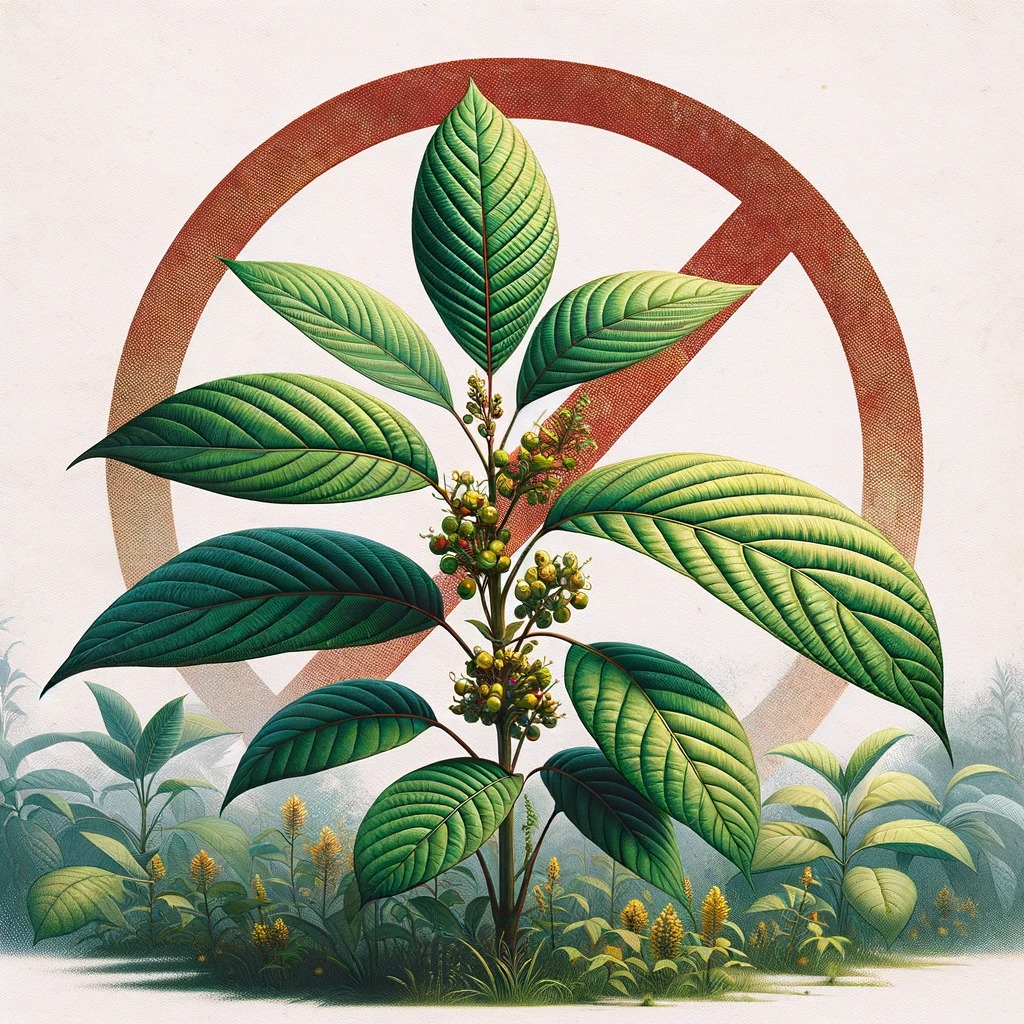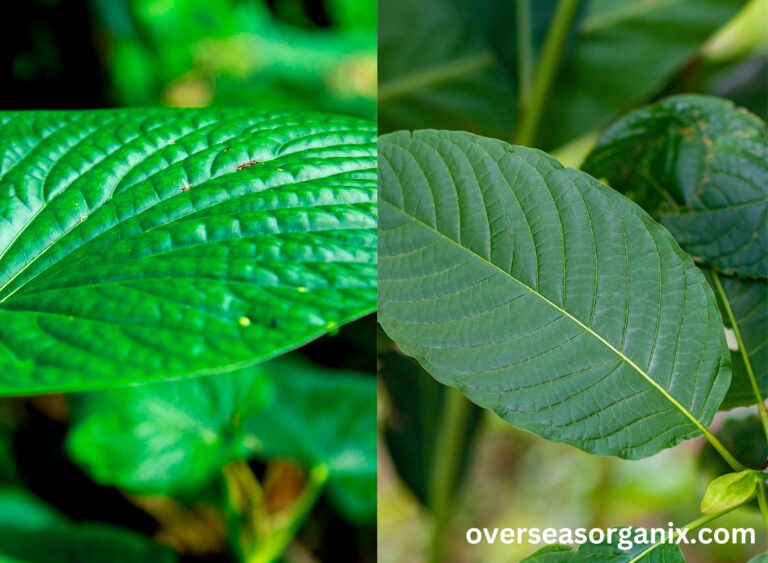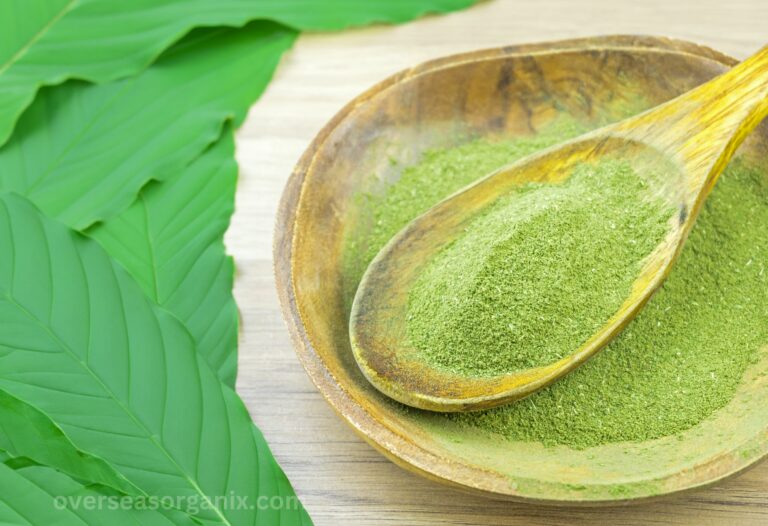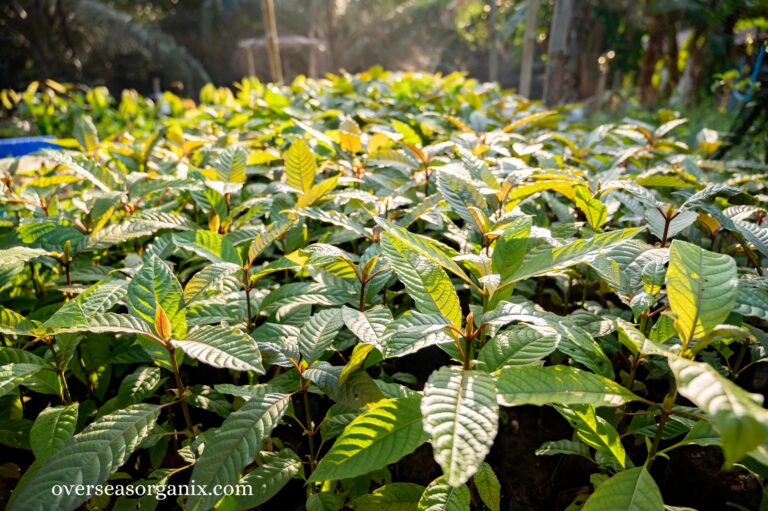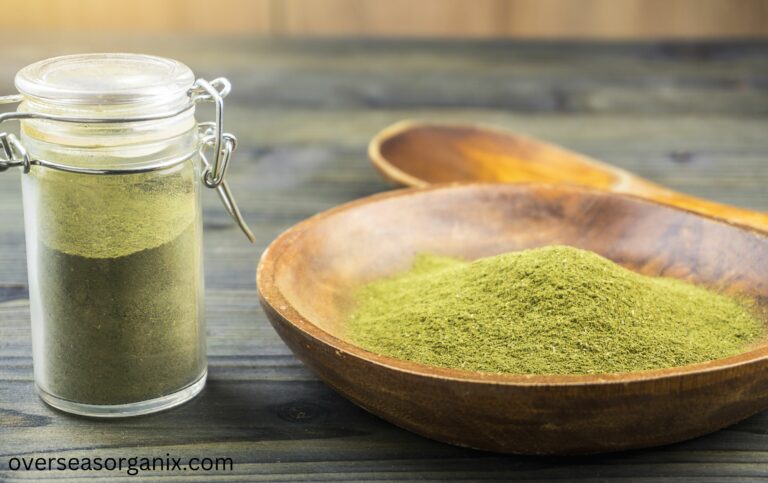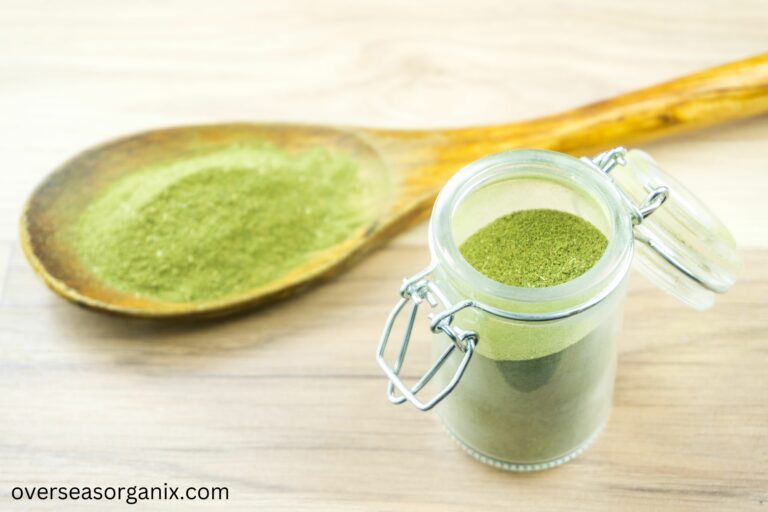No products in the cart.
Is Kratom Illegal in Your Area? Exploring the Legality of Kratom
Kratom, a tropical evergreen tree native to South Asia, has become the center of a heated debate regarding its legality. Despite its use for energy, mental alertness, and pain relief, kratom’s legal status remains under scrutiny due to the lack of comprehensive studies on its safety and effectiveness.
The question “Is Kratom Illegal” in your area is complicated by its varied legal status across the United States, where it is mostly legal with some states implementing bans or restrictions, and internationally, where several countries have declared it illegal.
This uncertainty stems from concerns over kratom’s potential harmful side effects, including its high addiction potential, which classifies it as a natural opioid. As kratom becomes increasingly accessible, individuals seeking to understand its legal boundaries face challenges, particularly in regions with strict drug policies.
Through evaluating the states where kratom is illegal and studying the controversies surrounding its use, this article aims to demystify kratom’s legality and offer clarity to those questioning “Is Kratom Illegal” in their area.
What is Kratom?
Kratom, scientifically known as Mitragyna speciosa, is a tropical tree heralding from Southeast Asia, with its presence deeply rooted in the cultures of Indonesia, Malaysia, Papua New Guinea, and Thailand.
This herbal substance, known by various names such as thang, kakuam, thom, ketum, and biak, has been utilized for centuries for its dual stimulant and opioid-like effects.
-
- Active Compounds and Effects:
-
- Mitragynine and 7-hydroxymitragynine are the two primary psychoactive ingredients found in kratom leaves.
-
- These compounds interact with opioid receptors in the brain, producing stimulant effects at low doses—such as increased alertness and energy—and sedative effects at higher doses.
-
- Active Compounds and Effects:
-
- Consumption Methods:
-
- Kratom can be consumed in various forms, including dried or powdered leaves, capsules, tablets, and even as tea.
-
- Traditional uses include chewing the leaves, brewing them into tea, or incorporating them into gel capsules for ingestion.
-
- Consumption Methods:
-
- Health Implications:
-
- While kratom is sought after for pain relief, mood enhancement, and as an aid in opioid withdrawal, it carries a risk of side effects like nausea, liver damage, and dependence.
-
- Its effectiveness and safety remain under scrutiny, leading to a complex legal status globally.
-
- Health Implications:
Kratom’s multifaceted nature, from its traditional uses to modern-day controversies, underscores the need for further research to fully understand kratom benefits and risks.
Uses of Kratom
Kratom, a versatile plant, serves various purposes, ranging from traditional remedies to modern-day health and recreational uses. Its accessibility and diverse applications have contributed to its popularity in the United States.
-
- Health and Wellness Uses:
-
- Pain Management: Kratom’s analgesic properties are widely recognized, offering relief for both chronic and acute pain conditions.
-
- Mental Health Support: It is utilized for alleviating symptoms of anxiety, and depression, and for mood enhancement, providing a natural alternative to traditional medications.
-
- Opioid Alternative: Notably, kratom is employed as a safer substitute for opioids, aiding in opioid withdrawal and reducing dependency risk.
-
- Health and Wellness Uses:
-
- Traditional and Recreational Uses:
-
- Cultural Remedies: Historically, kratom has been used to treat fatigue, muscle cramps, diarrhea, and as an energy booster.
-
- Social and Recreational Settings: Its use extends to music festivals and other gatherings for relaxation and enjoyment.
-
- Traditional and Recreational Uses:
-
- Other Notable Uses:
-
- Various forms of consumption, such as tea, supplements, and smoking, cater to different preferences and needs.
-
- Kratom also serves anti-diarrheal, antipyretic, anti-diabetic, and muscle relaxant purposes, showcasing its multifunctionality.
-
- Other Notable Uses:
This broad spectrum of uses underlines kratom’s significance in both traditional and contemporary contexts, highlighting its potential as a multifaceted herbal supplement.
Legal Status and Controversies
The legal landscape surrounding Kratom in the United States is complex and varies significantly from one state to another. Is Kratom Illegal?, here, we delve into the intricacies of its legal status, regulatory measures, and the controversies that surround this substance:
-
- Regulatory Efforts and Legal Status:
-
- The Kratom Consumer Protection Act (KCPA) has been enacted in states like Arizona, Colorado, Georgia, Florida, Nevada, Oklahoma, Oregon, Utah, Virginia, and West Virginia to regulate Kratom’s production, sale, and labeling.
-
- Despite these efforts, Kratom faces federal challenges. The FDA has not approved Kratom or its main components, mitragynine, and 7-hydroxymitragynine, for any medical use, deeming it inappropriate as a dietary supplement and an unsafe food additive. Consequently, Kratom cannot be lawfully marketed in the U.S. as a drug product, dietary supplement, or food additive.
-
- Regulatory Efforts and Legal Status:
-
- Federal Warnings and Actions:
-
- The FDA warns against Kratom use due to potential negative effects such as drug dependence, withdrawal symptoms, addiction, and the risk of life-threatening overdose. It has taken steps to limit the availability of unlawful Kratom products, emphasizing the need for more scientific research on Kratom, including its safety issues and potential therapeutic uses.
-
- Federal Warnings and Actions:
-
- State Bans and Legislative Responses:
-
- Kratom’s legal status is further complicated by state-level bans in seven states and some counties due to concerns over its opioid-like effects and potential for abuse. However, recent legislative proposals in the U.S. House and Senate aim to prevent the FDA from regulating Kratom more stringently than dietary supplements or food additives, reflecting ongoing debates about its safety, regulation, and potential benefits.
-
- State Bans and Legislative Responses:
States that Is Kratom Illegal In
States Where Is Kratom Illegal:
-
- Alabama
-
- Arkansas
-
- Indiana
-
- Rhode Island
-
- Vermont
-
- Wisconsin
These states have implemented a complete ban on Kratom, prohibiting its sale, possession, and use.
- Wisconsin
-
- States and Localities with Specific Restrictions:
-
- Illinois: Legal for individuals over 18, except in Jerseyville.
-
- New Hampshire: Legal for individuals over 18.
-
- California: Legal except in San Diego.
-
- Florida: Legal except in Sarasota County.
-
- Mississippi: Legal except in Union County.
-
- Colorado: Legal except for human consumption in Denver.
-
- Tennessee: Initially banned, the ban was lifted in 2017, now legal for those over 21.
-
- States and Localities with Specific Restrictions:
-
- Regulatory Efforts and Legal Status:
-
- As of February 2024, 22 states and the District of Columbia have regulations in place concerning Kratom, aiming to ensure consumer safety through the Kratom Consumer Protection Act (KCPA). This act regulates the production, sale, and labeling of Kratom products, reflecting a move towards standardized legal frameworks across the United States.
-
- Regulatory Efforts and Legal Status:
Conclusion
In Conclusion, “Is Kratom Illegal” is a pivotal question that encapsulates the complex legal landscape surrounding this botanical substance. Throughout this exploration of kratom’s diverse roles, from traditional uses to modern-day health applications, coupled with an in-depth analysis of its legal landscape in various jurisdictions, we’ve uncovered the intricate balance between the plant’s potential benefits and the concerns surrounding its safety and regulation.
The comprehensive overview highlights kratom’s significance in various cultures and its evolving status in the realm of legal and regulatory scrutiny. It reinforces the notion that while kratom offers promising applications in pain management, mood enhancement, and as an opioid alternative, its journey toward widespread acceptance is still fraught with legislative hurdles and the need for more scientific research to fully understand its implications.
Given the complexity of kratom’s legal status—ranging from complete bans in certain states and countries to regulated acceptance in others—the article emphasizes the importance of staying informed about local laws and the ongoing debates surrounding kratom use.
As the conversation around kratom continues to evolve, fueled by both anecdotal testimonies of its efficacy and concerns over its potential for abuse, the call for further scientific study and a nuanced, informed approach to its regulation becomes ever more critical. Ultimately, kratom’s future hinges on striking a delicate balance between harnessing its benefits and safeguarding public health, a challenge that requires collaborative efforts from the scientific community, legislators, and the public alike. Is Kratom Illegal? This question underscores the need for clarity in its legal status to ensure responsible use and mitigate potential risks.
Frequently Asked Questions (FAQs)
The legality of kratom in the United States varies by state. While it is legal in many states, several have enacted laws banning its sale, possession, or use. It’s essential to check the laws in your specific state to determine its legal status.
If kratom is illegal in your state, it’s crucial to comply with local laws to avoid legal consequences. Consider advocating for kratom’s legality through grassroots efforts, contacting legislators, and supporting organizations working towards kratom reform.
The recent legislation, signed by Ron DeSantis, prohibits the sale of kratom to individuals under the age of 21. However, no other restrictions have been placed on kratom products. Kratom is commonly sold as a green powder and is often mixed into drinks or taken in pill form, with its popularity on the rise.
In Georgia, kratom is legal for individuals over the age of 18, as regulated by the Kratom Consumer Protection Act. Possession of kratom by anyone under 18, or selling kratom to minors, is considered a misdemeanor offense.
The ban on kratom in San Diego occurred when the city passed an ordinance that also targeted synthetic substances used to create products like spice and bath salts. Kratom’s primary alkaloids, mitragynine, and 7-hydroxymitragynine, were included on the list of prohibited substances in the ordinance.
In 2016, the Drug Enforcement Administration (DEA) attempted to classify kratom as a Schedule 1 drug, which would indicate it has no accepted medical use and a high potential for abuse. However, this move was reversed after a significant public backlash. Currently, kratom is not listed under any specific schedule by the FDA.
References
[1] – Overseas Organix
[2] – Hydroxy7.com
